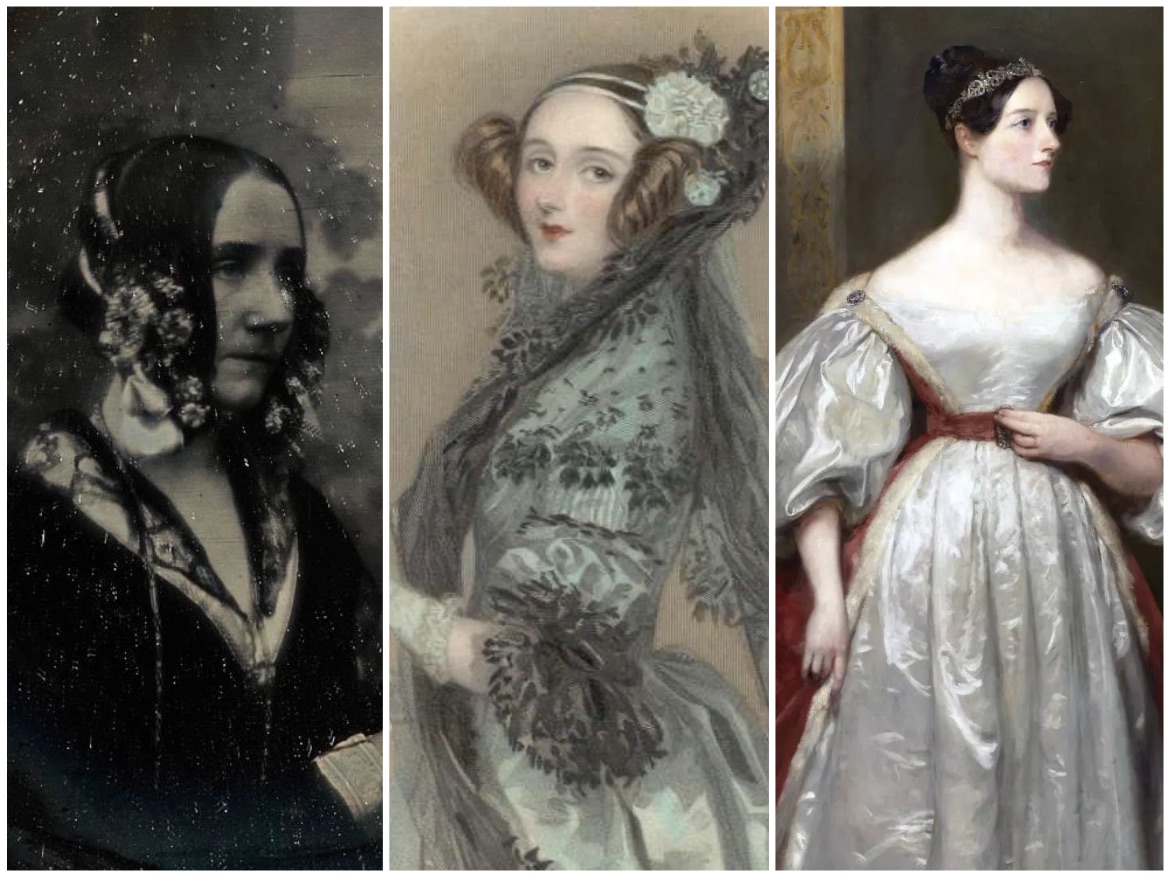Ada’s mother loved mathematics and arranged for Ada's tutors to give her a thorough education in mathematics and science, which was highly unusual in the education of a young noblewoman at the time.
In 1832, Ada met Mary Somerville, a prominent nineteenth-century scientist and author, who encouraged and helped her to progress in mathematics. The following year, Mary introduced her to Charles Babbage who became her tutor. In 1839, Ada finds another tutor in Auguste De Morgan and gains confidence in her abilities thanks to De Morgan’s positive feedbacks.
In a letter to her mother, Ada expresses her "inexhaustible and insatiable energy", believing that she has found meaning in her life and that she possesses "a singular combination of qualities, which seem precisely tuned to predispose me to become an explorer of the hidden realities of Nature."
In 1842, Ada is commissioned to translate Babbage’s paper about his Analytical Engine. She added more notes to the translation, spending the better part of a year working on it. Ada’s notes ended up being more extensive than the original paper written by Luigi Menabrea, an italian engineer, and were published in Scientific Memoirs by Richard Taylor.
More than a century after her death, her long forgotten work is rediscovered by Alan Turing who uses it as inspiration to build the very first computer, and a programming language was named in her honor.
@ Adama Toulon - Julie Henry Poutrel


